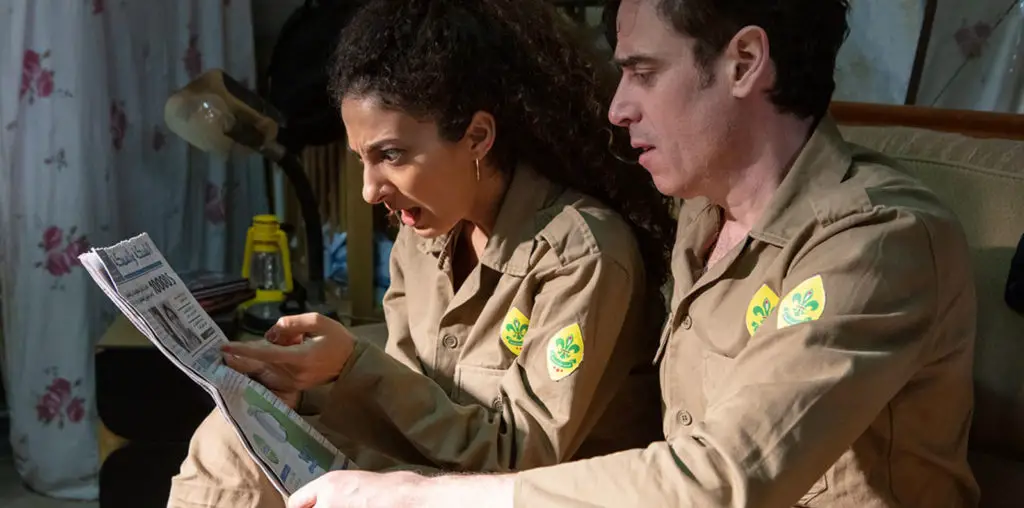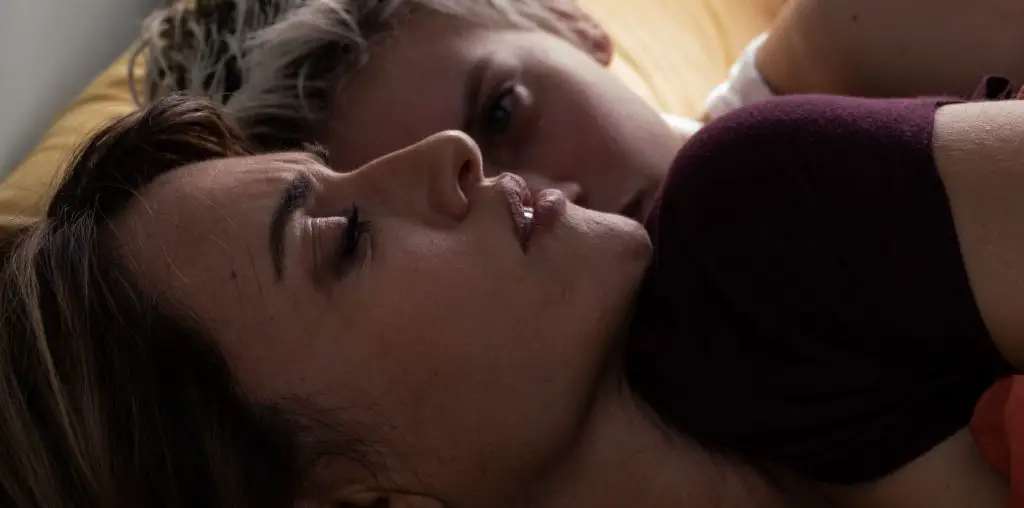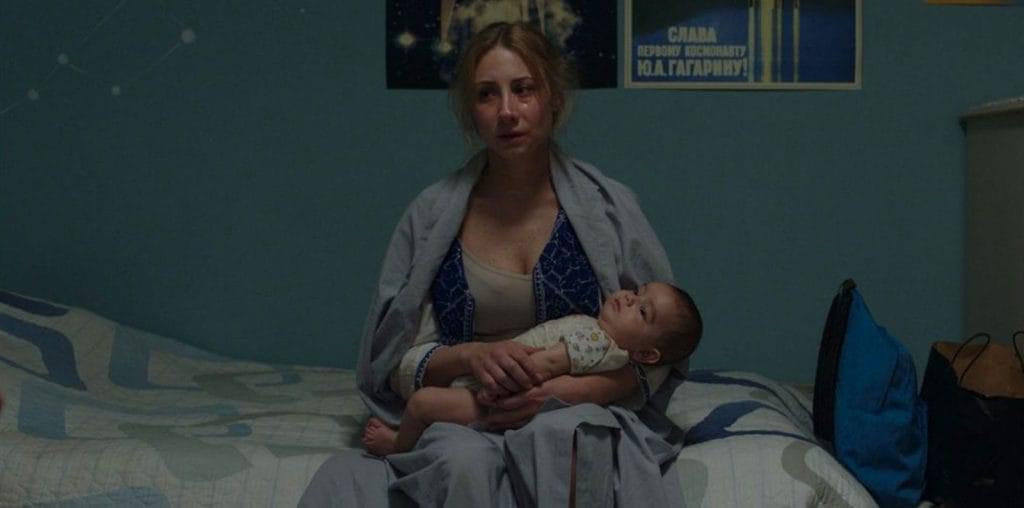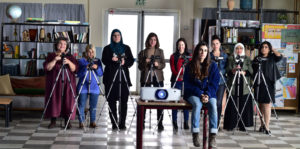
The greater film community often ignores Israeli cinema. So, before we review writer-director Orit Fouks Rotem’s drama, Cinema Sabaya, a basic primer is in order. Israeli cinema is principally concerned with hyperrealism and possesses a new-wave aesthetic. Just about all the Israeli films you can watch will be rooted firmly in their time and place. There will be next to no visual effects, and the plots dial into the concerns of the Israeli culture of their day. Even Israeli action cinema deals with the world as it is right now.
One of the finest examples of Israeli Cinema I will gladly recommend is Ushpizin. In that film, a childless religious couple houses a pair of guests during Succot, the Fall Harvest festival, wherein Jews reenact eating and living in the biblical dwelling of the Sinai wilderness in a ramshackle hut. Though it may possess fantastical qualities, it’s firmly rooted in the 2010s. Everything in the frame is perfectly natural to experience from that period. As a pro-Israel Jew, I am very firmly committed to evangelizing the wonderment of Israeli cinema, and Cinema Sabaya is a superb example.
“Sabaya,” depending on how it’s pronounced, is either the term for prisoners of war or a group of young women. After being instructed in the proper pronunciation, it’s a term of affection if used contextually. Case in point, the film is about a group of young (some young at heart) women who have enrolled in award-winning filmmaker Rona’s (Dana Ivgy) film seminar for women of all backgrounds. There’s the devout Muslimah Souad (Joanna Said) and the secular lawyer Nasrin (Amal Murkus). Eti (Orit Samuel) is an Israeli from Hadera who heads an HR department, while Carmela (Liora Levi) owns her own boat and sails around the Mediterranean with her dog.
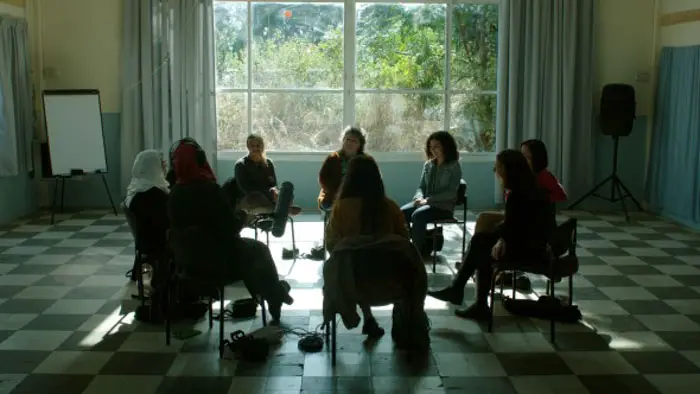
“…a group of young women who have enrolled in award-winning filmmaker Rona’s film seminar…”
In the film’s best move, Rona provides each woman with recording equipment and a hand-size camcorder and instructs them to record various assignments each week. These assignments result in launch points for cross-cultural dialogue. Through the various video footage, we see the highs and lows of each woman’s life. From seeing the layout of Camela’s houseboat to Nasrin singing a lovely folk song, Cinema Sabaya seeks to demonstrate how each woman has more in common than initially thought.
This is Orit Fouks Rotem’s first feature-length film. She beautifully directs the proceedings and gets great, natural acting from her talented cast. The director has developed a space in the seminar common room to inspire each actor to interact with the others in the best way possible. Part film class, part therapy Cinema Sabaya is demonstrative of great directorial vision. Itay Marom, the cinematographer, gets great shots framed in the natural light of the room.
Cinema Sabaya is a beautiful model of peaceful coexistence. This is a heartwarming film that should be watched by everyone. As a plus, I can tell you the translation provided of the Hebrew and Arabic is spot-on. Seek this out when it makes its way to an arthouse near you.
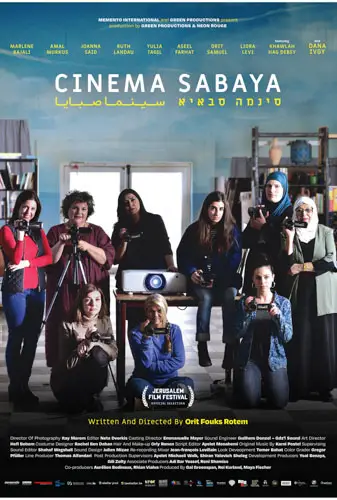
"…a beautiful model of peaceful coexistence."
